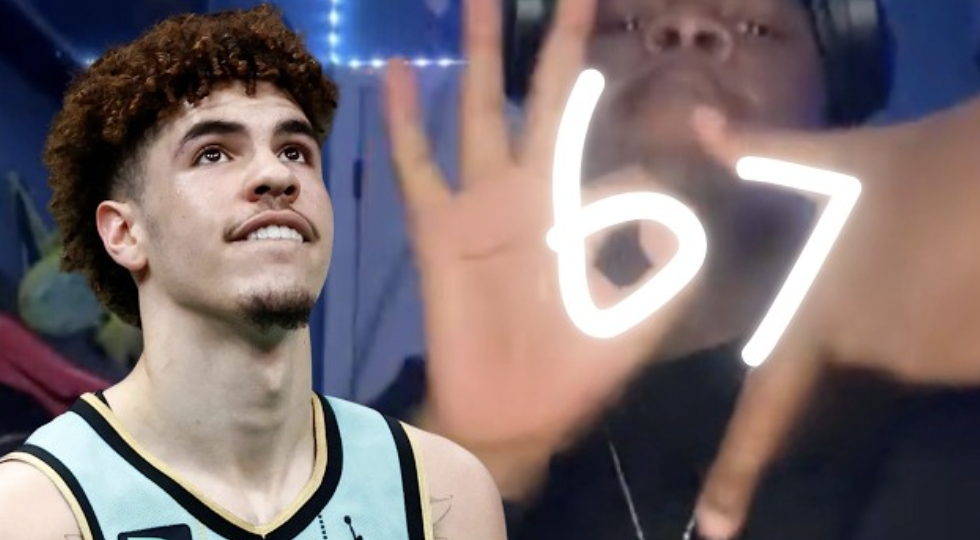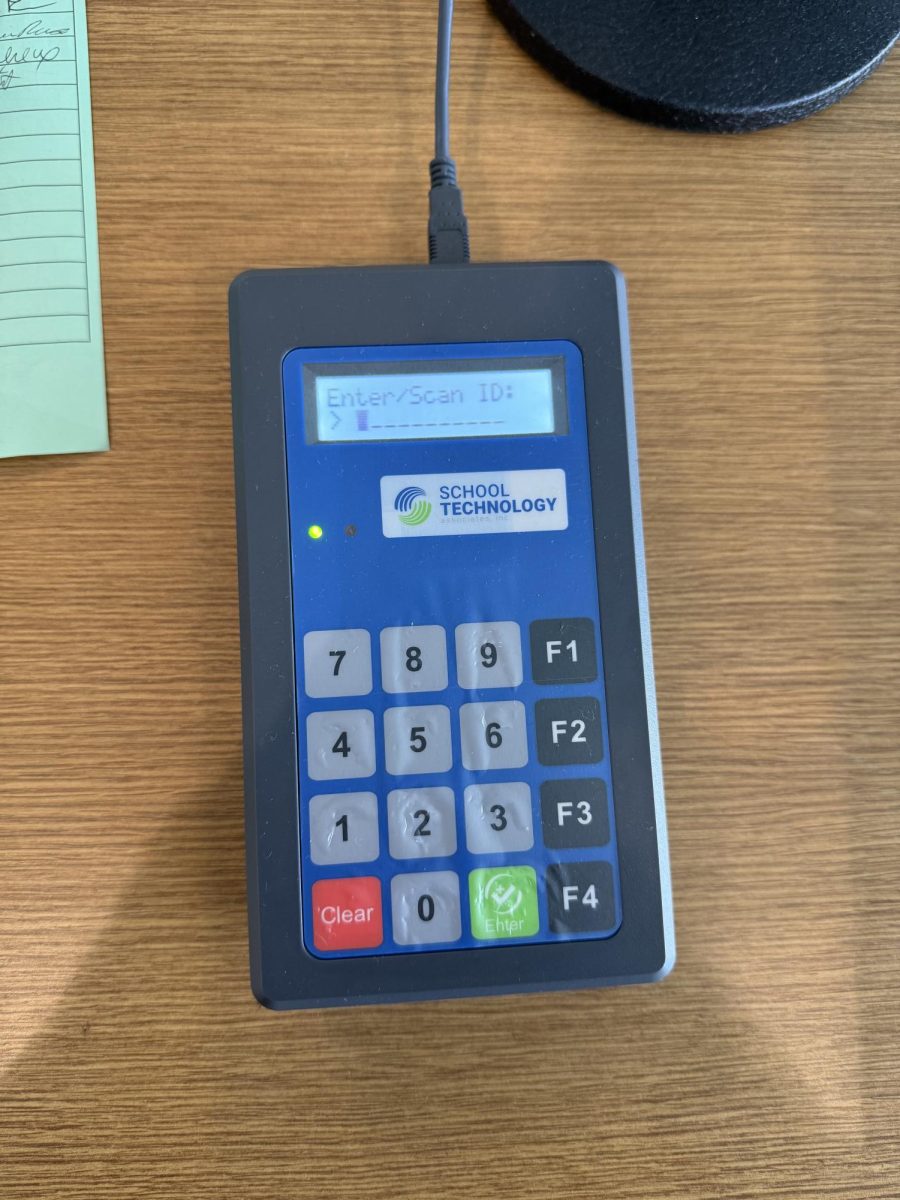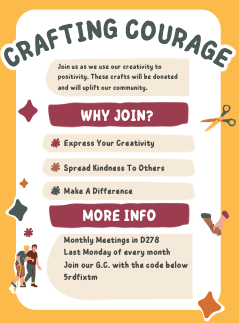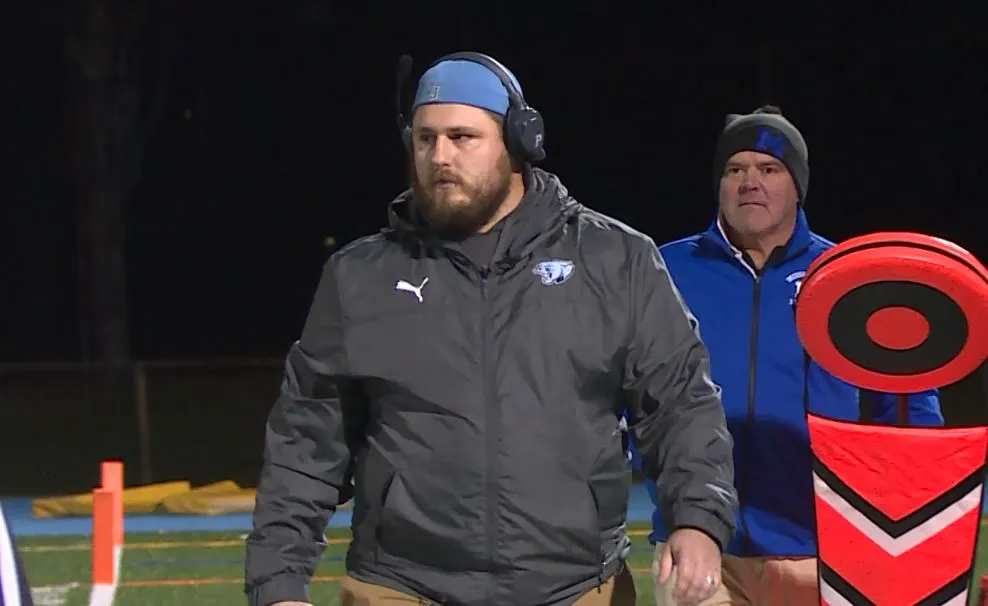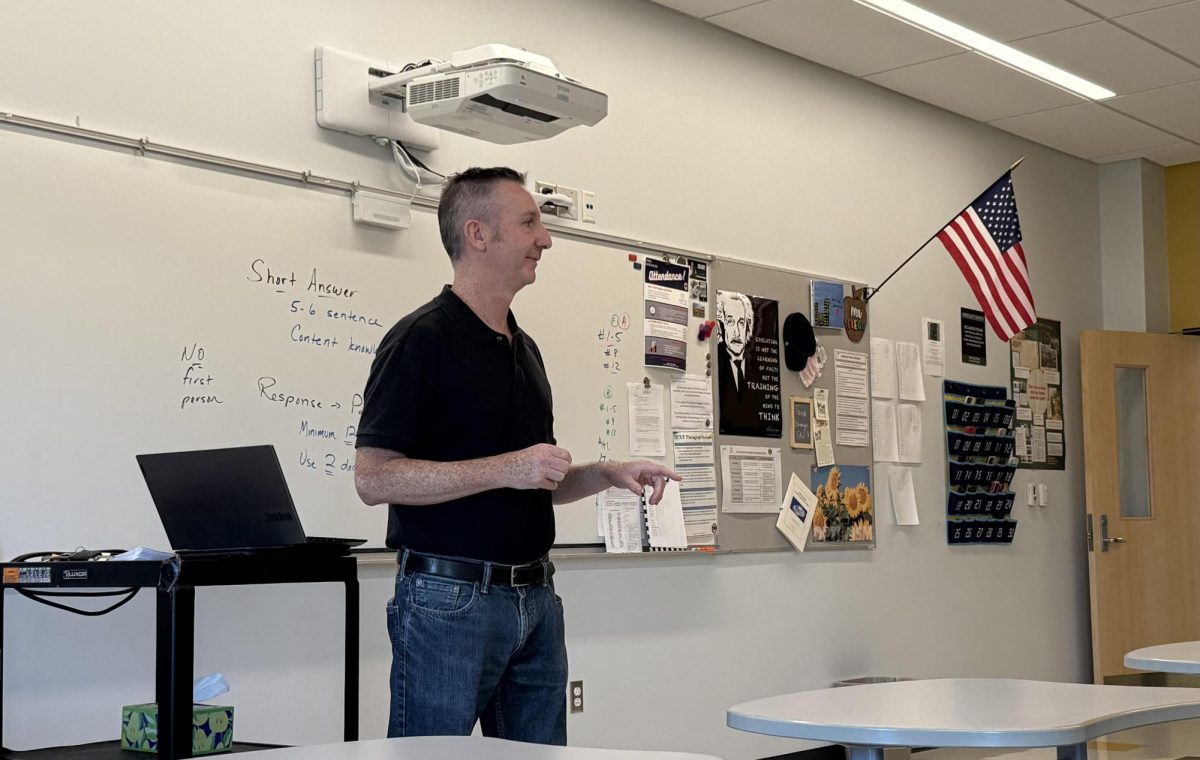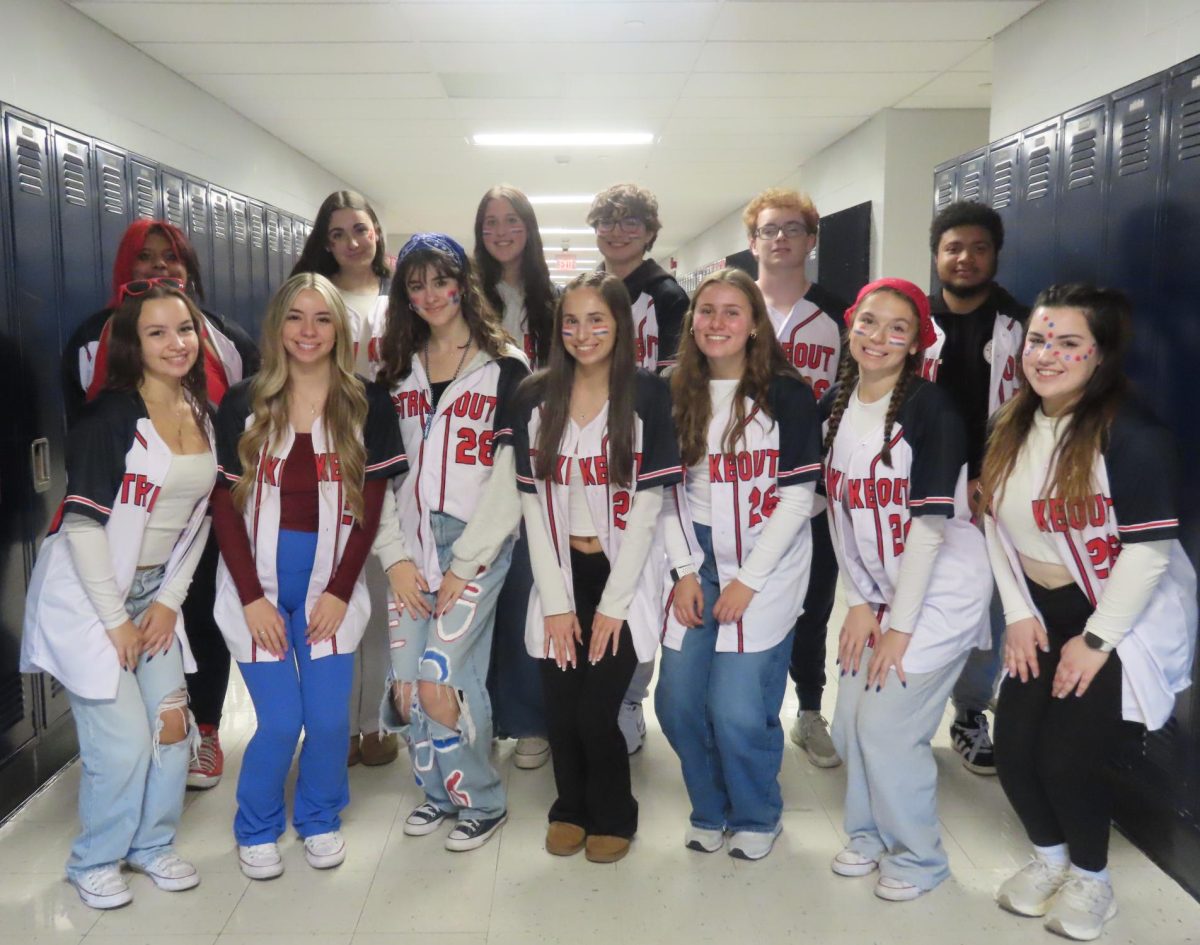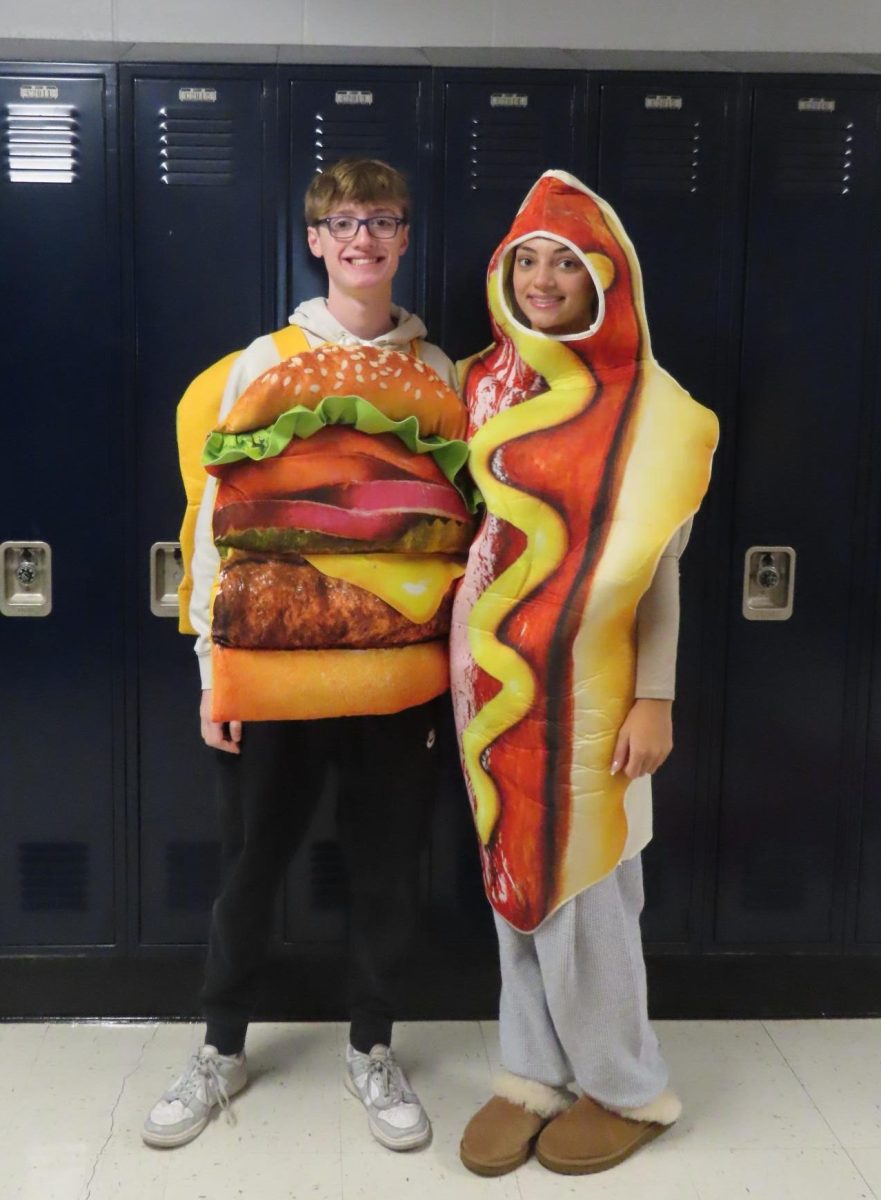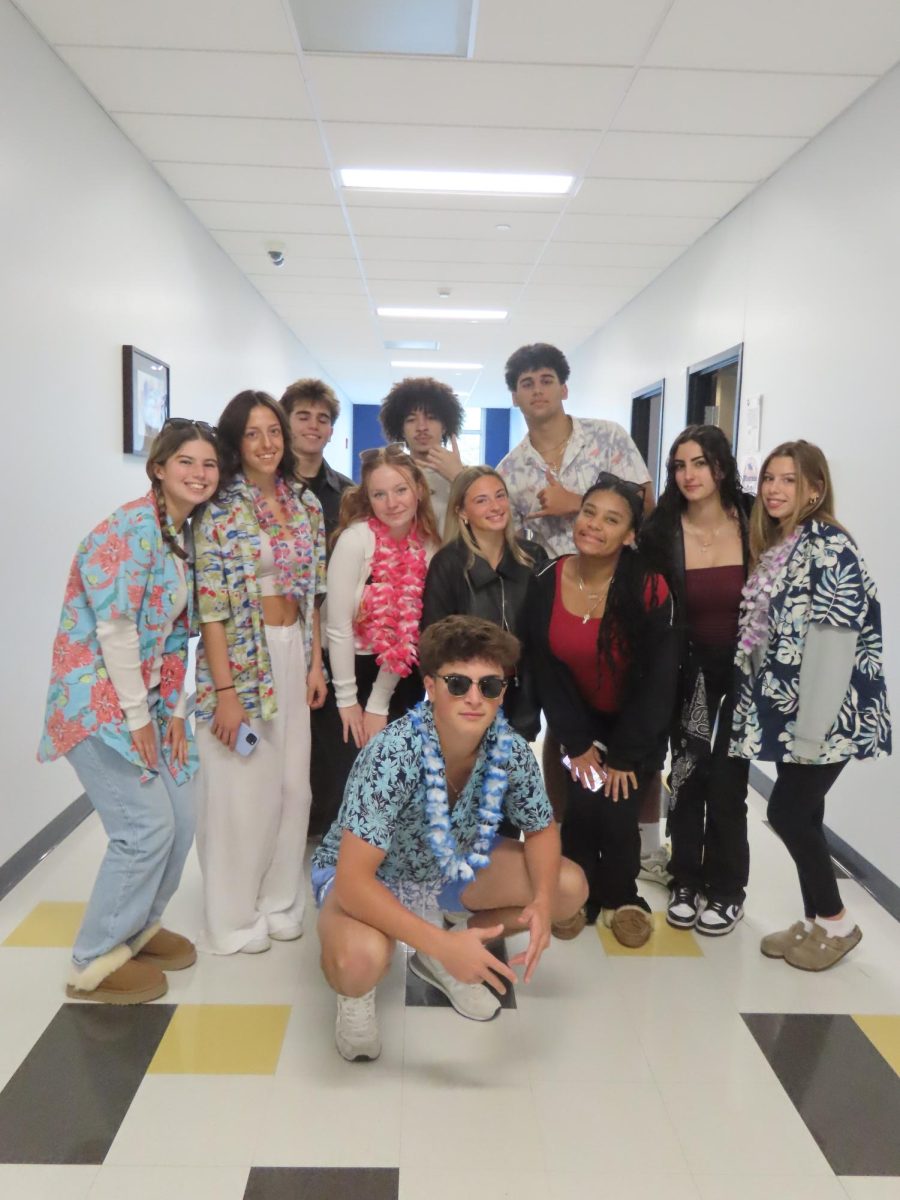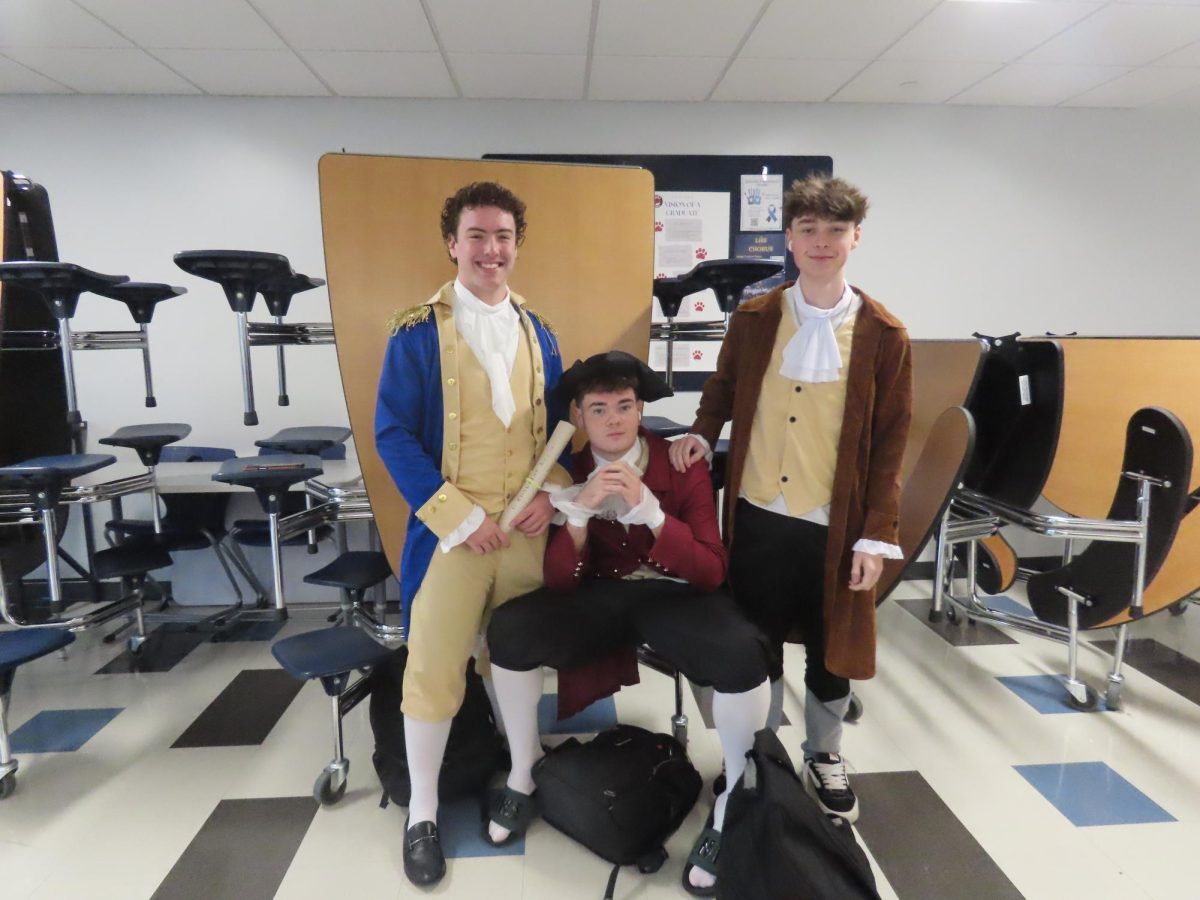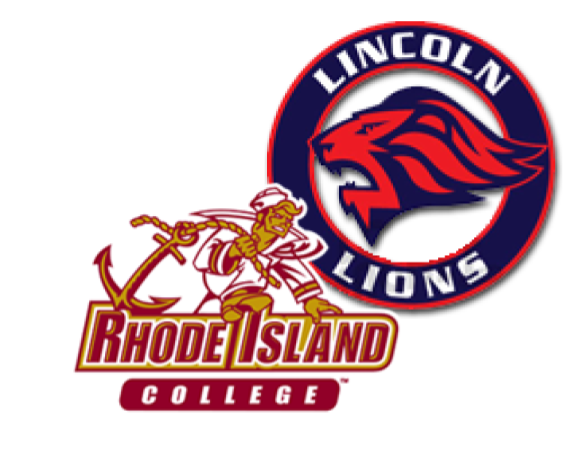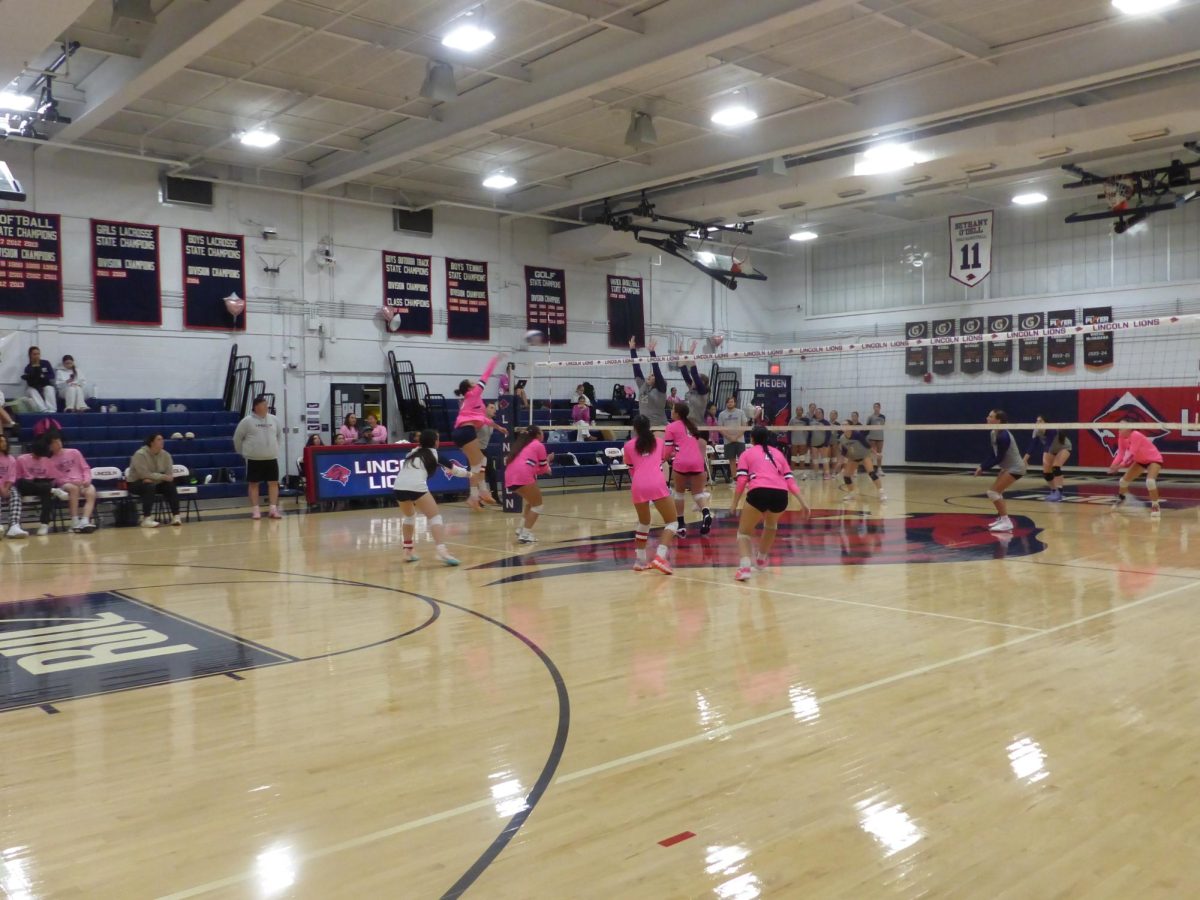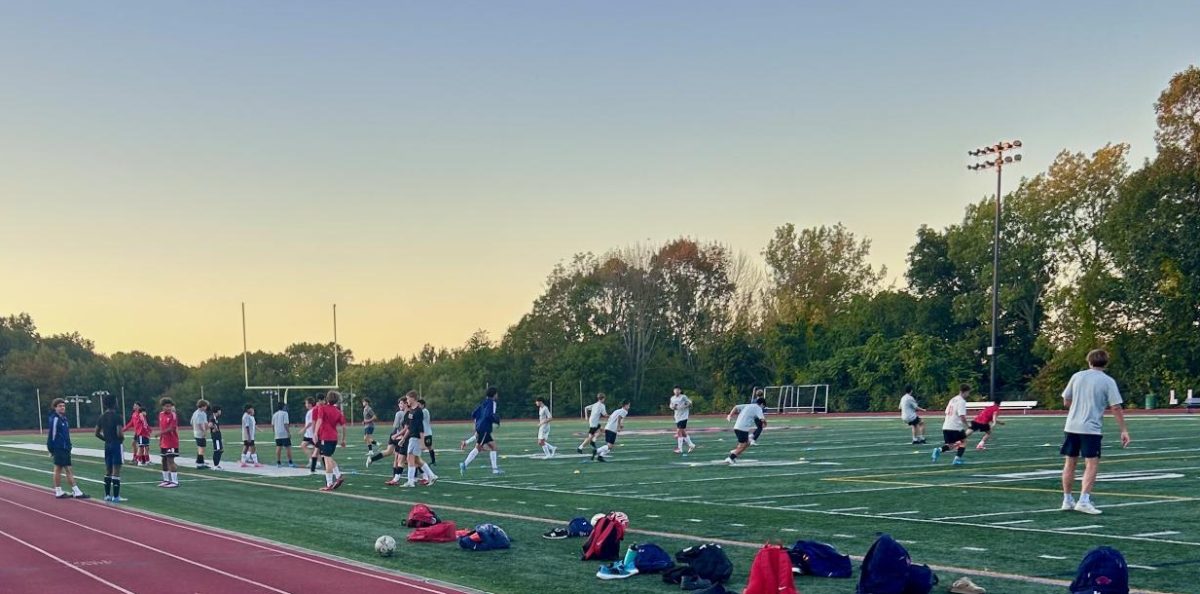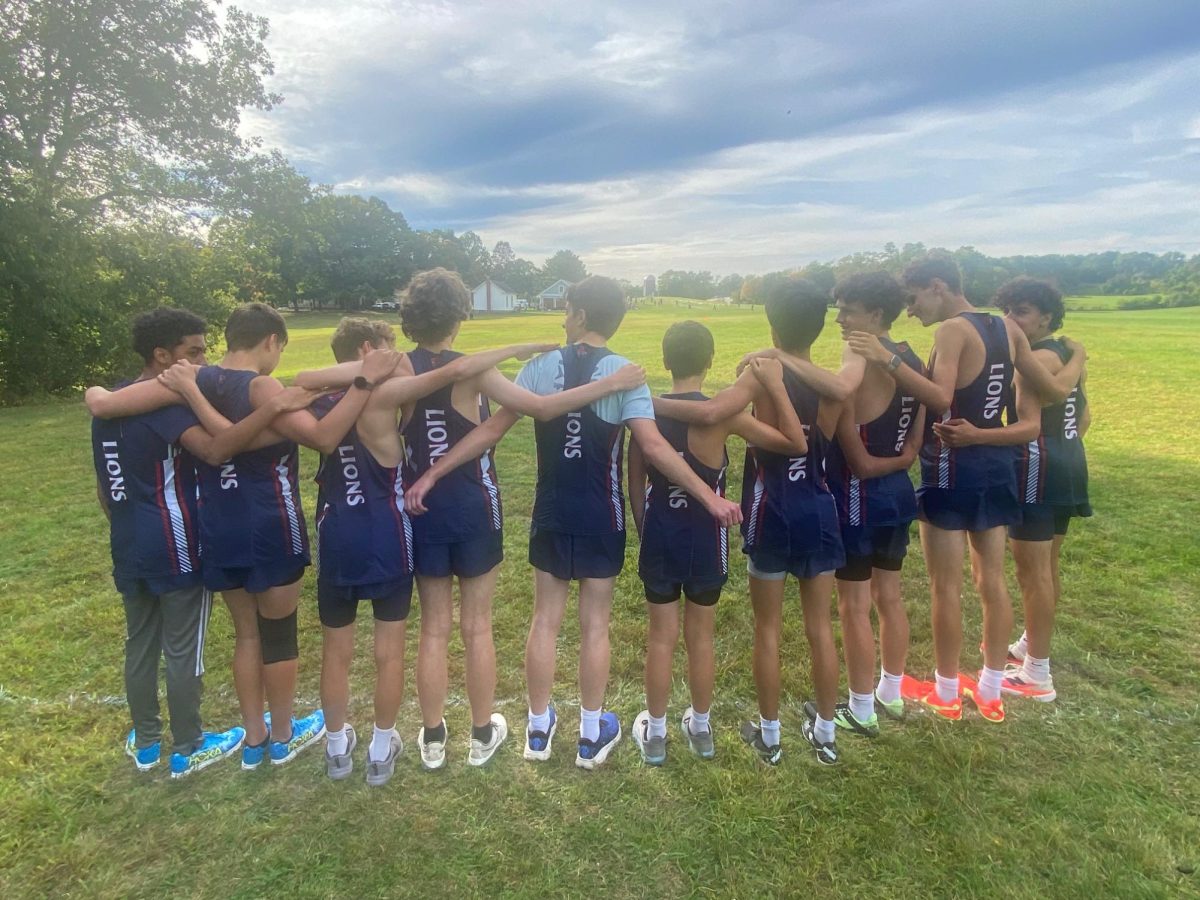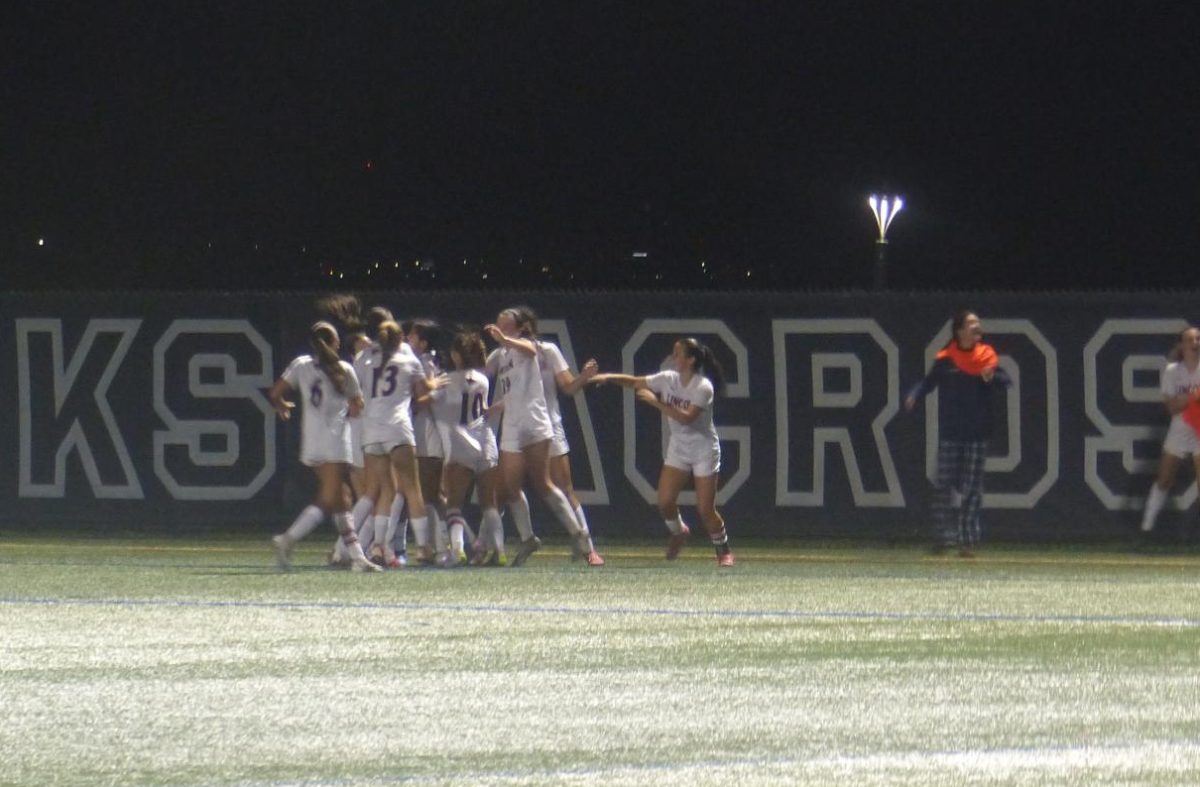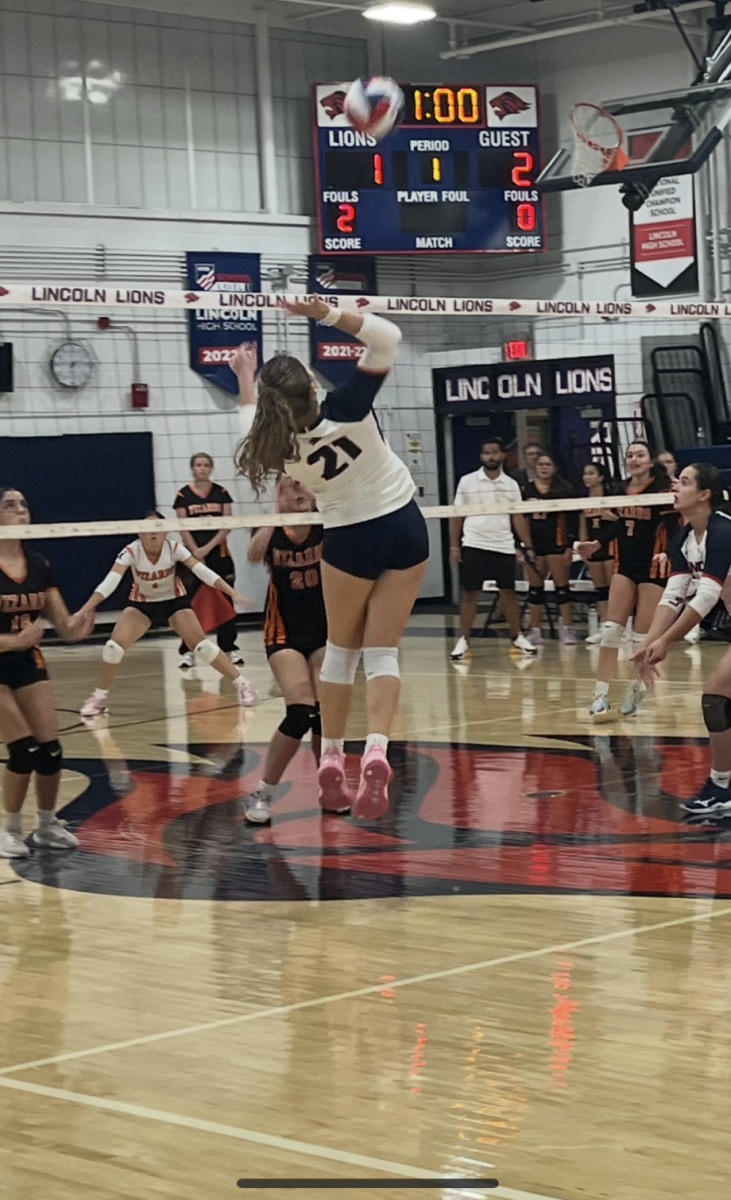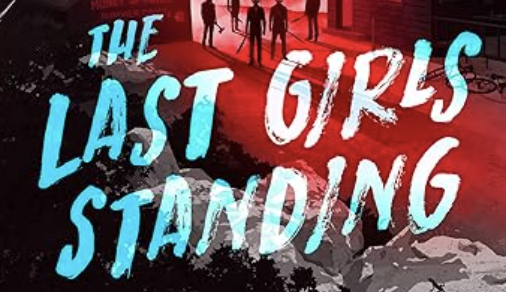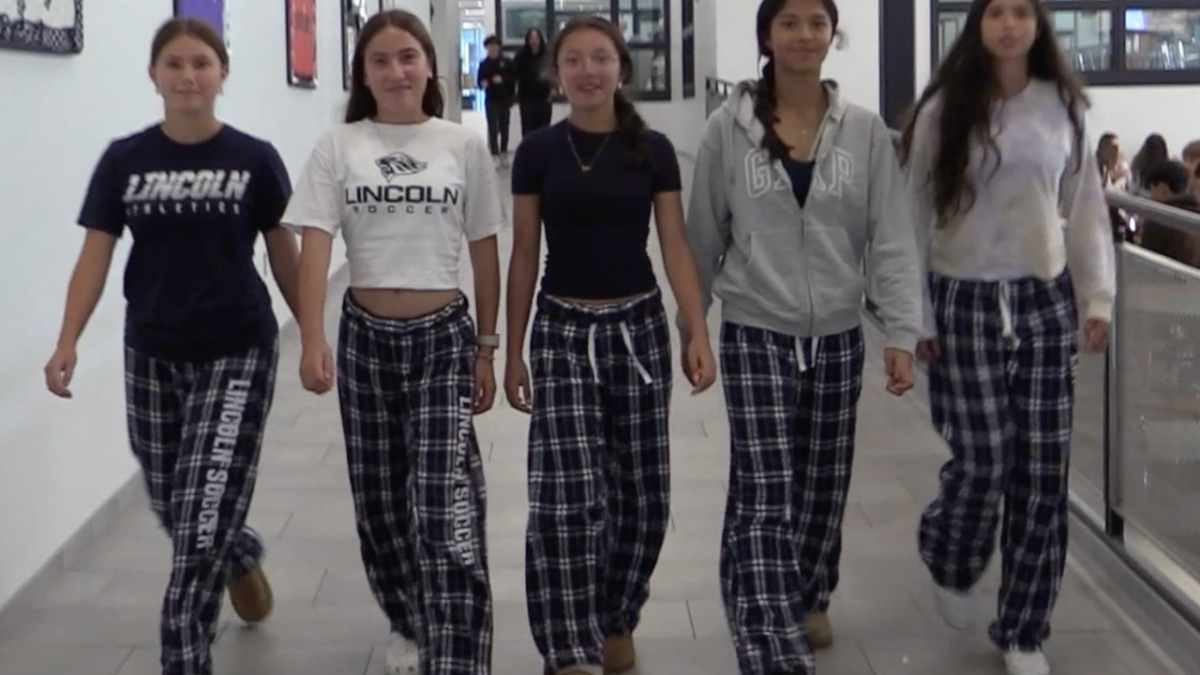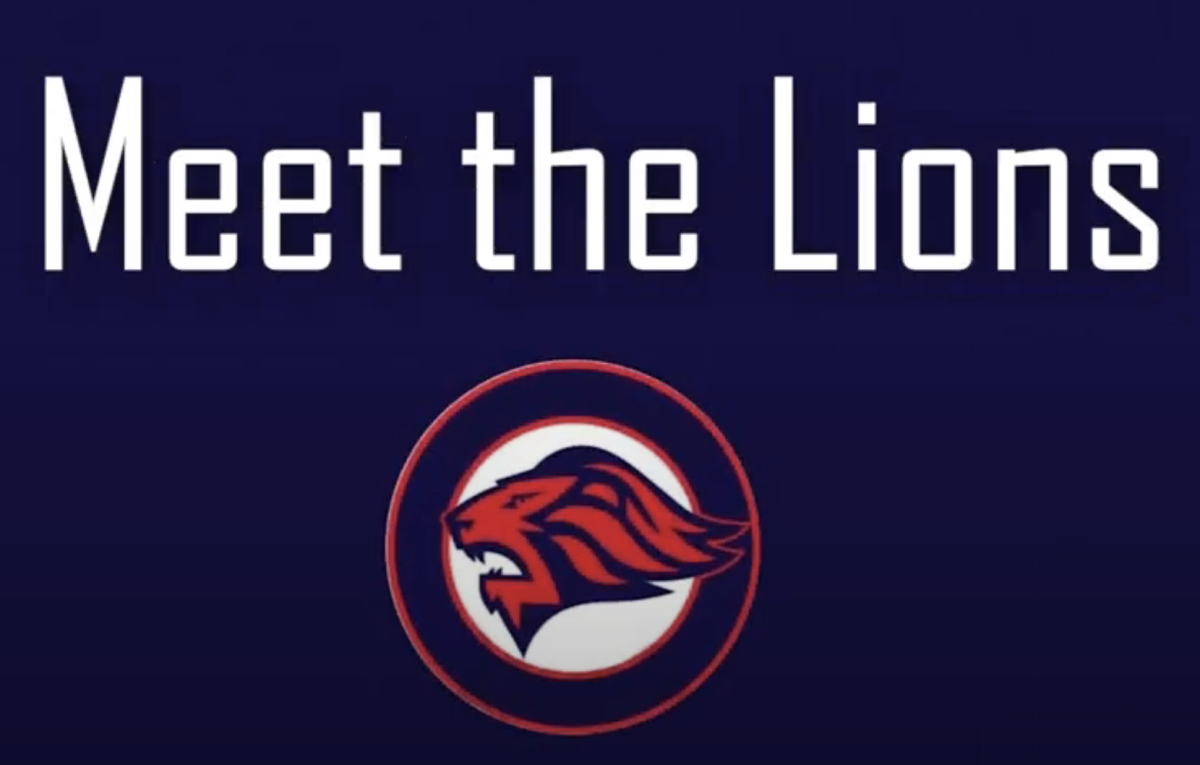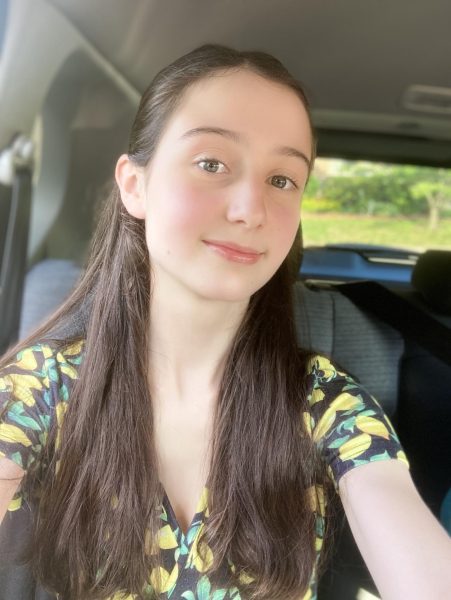
Ever wonder what the guidance counselors are really doing over in the D-wing? Generally, guidance counselors advise students on educational and personal decisions, but what does that look like? The answer depends on the season, day, and even counselor, whether it’s Mrs. Christine Testoni, Mrs. Suzana Borba, Mrs. Dawn Fish, or Mrs. Barbara Svitil.
Before the school year even starts, the guidance counselors come into school a few days earlier than everyone else to address scheduling conflicts and concerns about the new year. This continues during the first two weeks of school as students make schedule changes.
Once school is in session, they start every day by reviewing any scheduled meetings or student crises they need to respond to right away. They go to meetings such as 504, ILP, or MTSS meetings, which are types of support plans often developed to help students manage a disability or a complicated personal life. Throughout the day, guidance counselors also work with students who come to their offices by appointment or at random to work through academic and personal problems. They may teach students about time management, effective studying, organization, resolving conflicts, or calming down.
Mrs. Borba, who taught science at LHS before going into guidance, explained that it has two components that drew her in.
“I was a science teacher and I loved teaching,” she said. “Do I feel like I could exist in the classroom until I’m like 60-something? I wasn’t sure. And I do have a passion for helping kids explore options for their future. The second part of it is the social-emotional piece. Sometimes I think it’s not as emphasized with all the academic demands.”
Beyond that, no two days are ever the same. “That’s good for me,” Mrs. Testoni said.
Each student is assigned a guidance counselor based on the first letter of their last name, ensuring a balanced caseload. Starting with the seniors in the fall and ending with the freshmen in the spring, counselors meet with every single student to discuss plans for the future, whether it’s post-secondary education, career options, or simply classes for next year. At the end of the year, all this planning ends with Mrs. Testoni working on the master schedule to decide which classes will run when, who will teach them, and who will take them.
Depending on the time of year, the guidance counselors also facilitate PSAT/SAT and NGSS testing, the junior and senior parent breakfasts, the Top 10 senior breakfast, the Senior Awards night, and aspects of graduation. Finally, they monitor students at risk of failing throughout the year and check that every student has the right amount of credits for a few days at the end of the school year.
Beyond these department-wide duties, each counselor also has some tasks unique to their position. As the department head, Mrs. Testoni works with fewer students than the others, and takes on other miscellaneous tasks, like representing guidance at events. Mrs. Borba helps students make decisions about college sports. Mrs. Fish is the school’s AP coordinator, meaning she prepares for and oversees all AP exams in the month of May, from proctors and locations to accommodations and makeups. Mrs. Svitil keeps the guidance website updated with information from the department.
On top of all that, Mrs. Svitil is the advisor of the LHS book club called the Roaring Readers Club, and Mrs. Borba co-advises LHS’s Active Minds chapter, Kyle Cares Lions Care, which is a club focused on mental health. These groups bolster their connection with students beyond the necessary meetings in the guidance office.
How do the guidance counselors manage to get all of this done? The answer is a tried and true strategy: they work together. At the end of each week, the guidance department comes together to problem solve individual and school-wide issues that arose through the week. Similarly, when one counselor has a schedule conflict, they ask another person in the department to take on a task for them. This cooperation is the secret to their success.
It can also be difficult to counsel students who do not see their full potential. But by the time graduation rolls around, the guidance counselors feel the impact of their work on the students, many of whom they have known since freshman year.
“When you see [the graduates] and they’re all getting ready and it’s so exciting and you feel that energy and you’re like ‘wow, we were a part of that in some way’ . . . that’s so incredible,” said Mrs. Testoni.
Students feel the impact of guidance counselors around graduation and beyond, often reaching out with thank-you letters and cards. They help so many students over the years that it can sometimes be hard to track.
“Someone in the community told my husband how he only graduated because of me, and I said to my husband, ‘who was it?’ [He forgot the name.] So to this day, I don’t know who was telling my husband [that]!” said Mrs. Svitil, who will be retiring after this year.
Thank you, guidance counselors, for all that you do!

